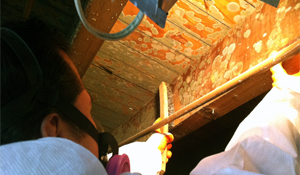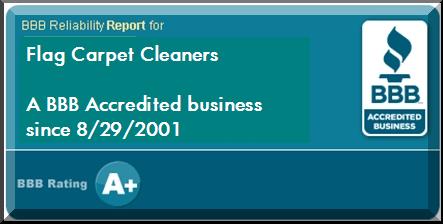Center Moriches, NY 11934 Mold Inspection

Our certified mold inspectors are extremely knowledgeable in mold inspection and remediation, treating each property on an individual basis, always providing you with a clean and healthy environment. We work with industrial hygienists and indoor air quality environmentalists to ensure the job is done right the first time.
Mold growth can be controlled indoors by controlling moisture indoors. The EPA reports that Molds can be found almost anywhere; they can grow on virtually any organic substance, as long as moisture and oxygen are present. There are molds that can grow on wood, paper, carpet, foods, and insulation. When excessive moisture accumulates in buildings or on building materials, mold growth will often occur, particularly if the moisture problem remains undiscovered or unaddressed.
Health Effects and Symptoms Associated with Mold Exposure
When moisture problems occur and mold growth results, building occupants may begin to report odors and a variety of health problems, such as headaches, breathing difficulties, skin irritation, allergic reactions, and aggravation of asthma symptoms; all of these symptoms could potentially be associated with mold exposure. All molds have the potential to cause health effects. Molds produce allergens, irritants, and in some cases, toxins that may cause reactions in humans. The types and severity of symptoms depend, in part, on the types of mold present, the extent of an individual's exposure, the ages of the individuals, and their existing sensitivities or allergies.
Microbial Volatile Organic Compounds (MVOCs)
Some
compounds produced by molds are volatile and are released directly into
the air. These are known as microbial volatile organic compounds (MVOCs).
Because these compounds often have strong and/or unpleasant odors, they
can be the source of odors associated with molds. Exposure to (MVOCs) from
molds has been linked to symptoms such as headaches, nasal irritation,
dizziness, fatigue, and nausea. Research on MVOCs is still in the early
phase.
Glucans or Fungal Cell Wall
Components (also known as ß-(1-->3)-D-
Glucans)
Glucans are small pieces of the cell walls of molds
which may cause inflammatory lung and airway reactions. These Glucans can
affect the immune system when inhaled. Exposure to very high levels of
Glucans or dust mixtures including Glucans may cause a flu-like illness
known as Organic Dust Toxic Syndrome (ODTS). This illness has been
primarily noted in agricultural and manufacturing settings.
With the proper testing and protocols every job can be a success. We use the most accurate and up to date moisture meter equipment to measure moisture in your wood floors, walls, ceilings, and cabinets. We then use infrared cameras to identify the origin and the extent of the damage.
Why And When Should You Inspect For Mold
-
When there is a musty smell in your home or business
When there are visible signs of water damage anywhere
When your home or business has suffered a roof, basement or plumbing leak
Mold can be found in several places in the home or business environment. It appears most often in moist or wet areas. A musty odor may also be present. Mold begins to grow indoors when mold spores land on surfaces that are wet or damp. Mold will not grow without water or moisture, Therefore it is important to dry out wet or moist areas within 24 to 48 hours to prevent mold growth.
Some examples of places where mold can be found include:
Basements, kitchens (bottom
of fridge), around bathroom vanities, washer/dryer area.
The underside of carpets and pads.
Surface of walls behind furniture (where condensation forms)
Ceilings and the top side of ceiling tiles.
Should I have my home inspected?
Due to the growing concerns of mold in the home and the affects on health, mold inspections are becoming a more common practice. We can help you identify problem areas in your home or work place or put your mind at ease if normal levels of mold are found.
